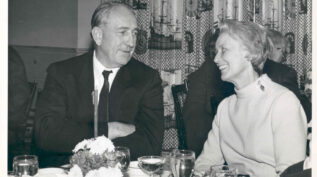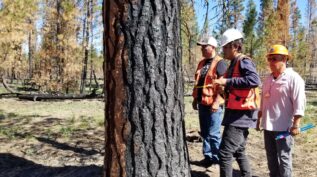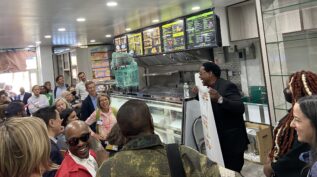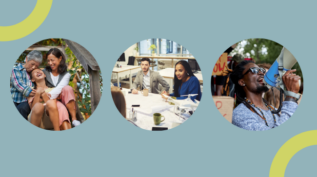From the Archive: Things We Wish Our Founders Had Told Us
Posted on April 11, 2024

NCFP’s From the Archive series highlights resources from our Knowledge Center that have stood the test of time and continue to provide valuable guidance for the field. In 2016, 20 years after the death of her father, Susan Packard Orr reflected on the challenges of interpreting donor legacy. Susan wrote that, after asking her father to share what he wanted… Read More









